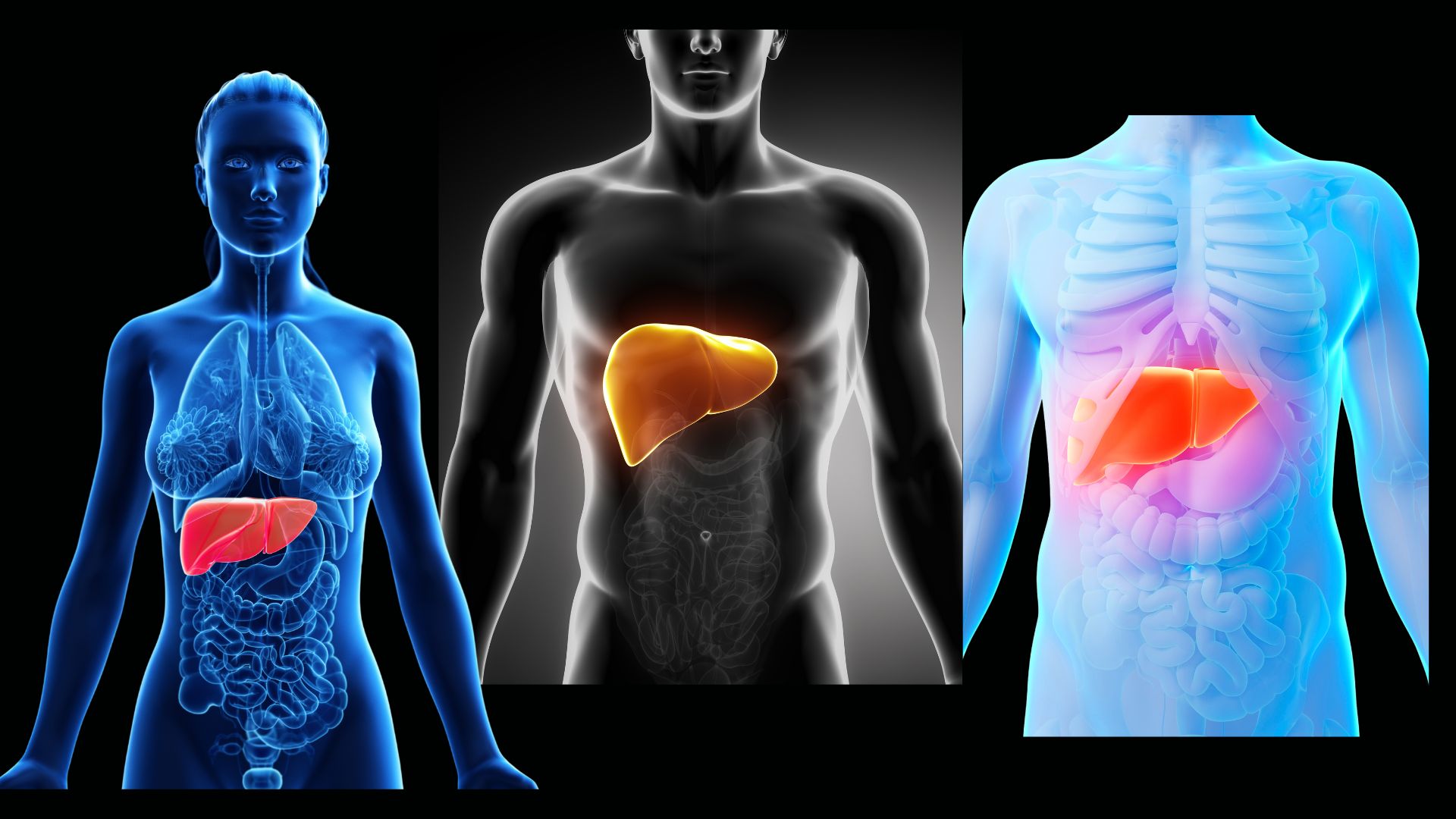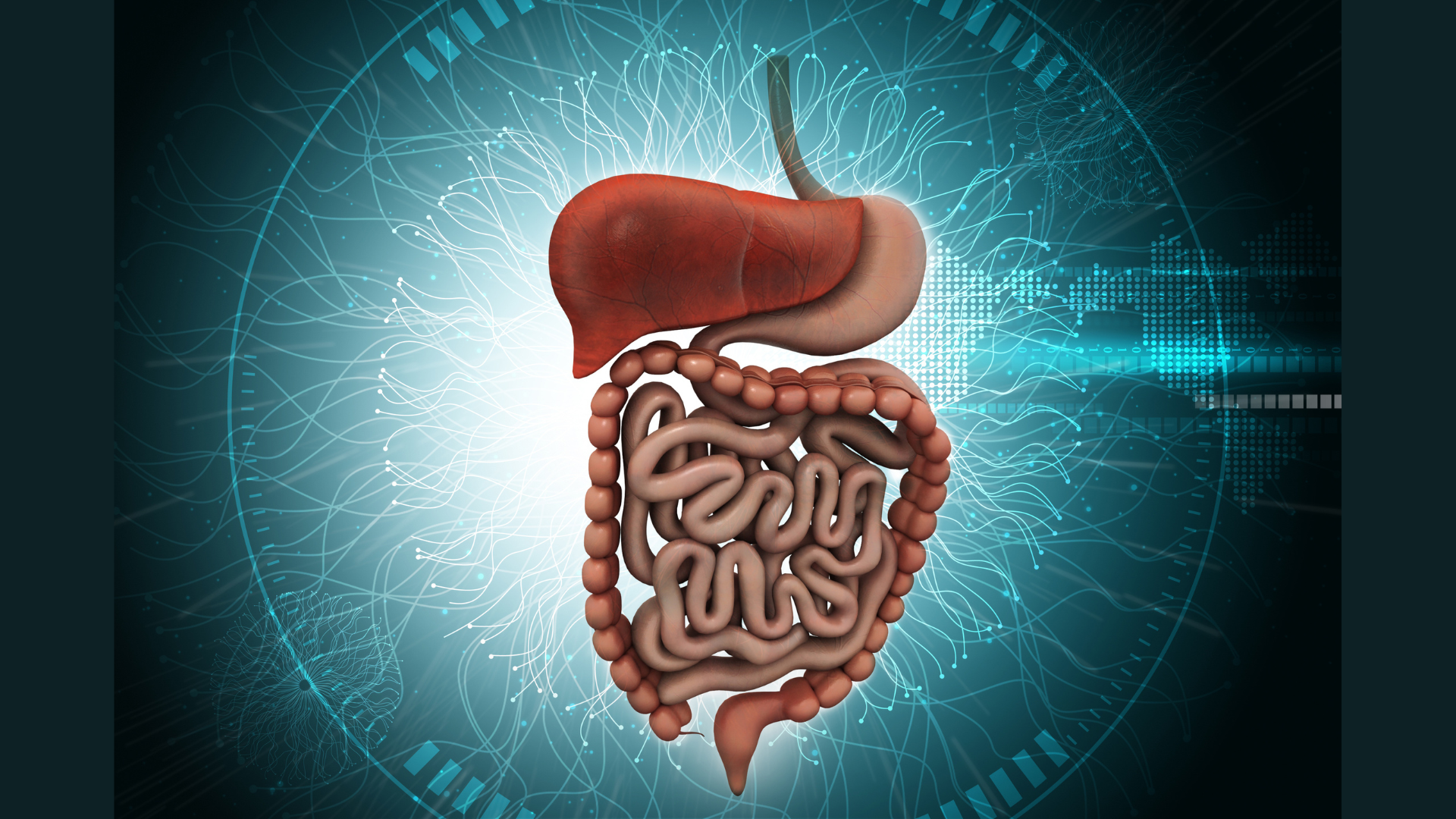Heart Health
Is Your Ticker Tuned?
Heart health - do you have it? Your heart is a marvelous machine designed to pump life-giving blood to every corner and inch of your body. It works non-stop, without you thinking about it, through an internal, built-in electrical system that controls two heart pumps; one using arteries to send oxygen-rich blood away from the heart and the other using veins to bring blood back to the lungs then heart for more oxygen.

As we go through life, many of us don't think about heart health until we get older. And at that point, it may be because we already need medications to take care of it. But prevention through nutrition and other lifestyle choices may be a better option, because even though genetics plays a small roll in your health, genetic triggers are mainly dependent on lifestyle.
Heart Disease
According to the National Institutes of Health, heart disease is the leading cause of death in developed countries. The most common culprit is the buildup of plaque deposits along the artery walls. As the buildup thickens, there is less room for the blood to move through, to where it is needed. At the same time, the buildup inhibits the arteries from being flexible enough to allow the healthy pumping action to move enough blood that is required for daily activity.
Risk factors for heart disease are
habits or conditions that make it more likely to develop the disease.
Some very well known risk factors include; high blood pressure,
family history, diabetes, obesity or being overweight, older age,
poor diet, chronic stress and physical inactivity. Many of these can
be controlled while some, such as family history, may not. The
key word is “may” since, as said, genetics are not an absolute
given and are dependent on lifestyle choices (diet, exercise, etc.).
Internal
inflammation is a condition which can happen when inflammation inside
our bodies becomes chronic. Various stimulus may be free radicals,
fried foods, processed vegetable oils, allergie such as to wheat,
heavy metals or other environmental toxins stored in the body and
long term infection. (1) Chronic
inflammation may lead to an increased risk of heart attacks and
strokes; unfortunately the medical profession doe not yet put
emphasis on the problem. The best thing in this case is to inform
yourself about the condition by checking the resources posted and
looking for more info on your own.
Heart Health
How can you keep your heart healthy? Preventive measures are always best when it comes to our heath. Checking your blood pressure is one of the most common ways to monitor how healthy your heart is. This is because abnormalities in blood pressure are known factors in strokes and other health problems. Hypertension, or high blood pressure, are risk factors for coronary heart disease and considered the most important risk factor for stroke. Low blood pressure may be an indication of problems with heart valves or a sign of a weak heart.
Stress Management can lead to
health problems and is considered a risk for heart disease for some.
This is mainly due to a constant elevation of the stress hormones;
cortisol and adrenaline. In addition, it changes the way that blood
clots, which can lead to heart attack. Learn more about stress
management with techniques to help. (Now add to stress mngmt to
include 'talk to someone', etc.)
Get Active – Make a plan to
get active every day. Taking a walk is one of the easist ways to get
moving, and you can do it alone, with your family or friends. Bike
riding, swimming, and dance are fun ways to get more active. There
are many Heart Healthy Exercises to incorporate to keep you
from getting bored and not only get in shape, but create more energy.
Heart Healthy Nutrition can be
implemented into your current daily diet. Nutrition is a one of the
most controllable lifestyle choices while unhealthy diet is a leading
risk factor in heart disease. Holistic nutrition may be even better
as it leaves out most processed foods or any foods labeled “light”
or “natural” as they may have many hidden ingredients that are
detrimental to heart health. However, eating habits can be difficult
to change, so instead of deciding to stick to a diet, think in terms
of replacing unhealthy foods with healthier ones – or at least
healthy versions of a food. Here are some tips that may help;
- Eat one or two pieces of fruit before a meal each day.
- Add a raw, green salad to your lunch and dinner
- Add two servings of lightly steamed vegetables to lunch and again for dinner
- Switch out meals centered around meat to a vegetarian choice two to three times a week.
- Cut out cheese and milk products
- Instead of breads, cereals, muffins, doughnuts, and all products made with white flour, eat whole grain products that are healthy sources of fiber to regulate blood pressure.
- Drink more water, less soda and limit alcohol.
- Limit unhealthy fats that can lead to plaque buildup in the arteries. This means avoid fried foods and reduce your intake of sold fats such as margarine and shortening.
- In place of the unhealthy fats, choose olive oil and eat nuts, seeds and avocados.
Heart Healthy Supplements can be
used to supplement your diet. For example, fiber such as psyllium
husk and help lower bad cholesterol while raising the amounts of good
cholesterol, thereby lowering risk for heart disease and increasing
heart health. Fish oils and other Omega-3 fatty acids can help
reduce triglycerides in your blood, which can cause blood clots in
your arteries. In research, some studies show that the supplement
Coenzyme Q10 (also called CoQ10) is a major player in heart health as
it can reduce bad cholesterol, prevent heart damage from
chemotherapy, reduce risk of heart attack and even assist in treating
heart failure. (2) Other supplements that are found to slow the build-up of arterial
plaque and lower blood pressure include garlic and green tea; both of
which can be found in supplement for or as a natural food. Heart
healthy supplements can be found online or in your local health food store.
Artery Cleanse – Statin drugs are the most common medications for heart health, used to help lower cholesterol and treat cardiovascular disease. Some people take this a step further and use natural practices of holistic nutrition, foods and supplements to actively do an artery cleanse, with the intention of slowing down the accumulation of plaque along the arterial walls. Along with a strict diet, supplement such as Vitamin C, chondroitin sulfate or L-arginine may be used. Dr. Linus Pauling is one of the first doctors to use this type of therapy and some complementary medical doctors use the practice today. Since eating healthy is always a good idea, using a nutritional artery cleanse should at least create better health.
Heart Healthy Tips
It is never too late to start taking care of your heart. The simplest way touted by cardiologists is to live a healthier lifestyle. Pay attention to what you eat, leave out what you know is bad, exercise, don't smoke and manage your stress levels. The following is a checklist; use this to create a reminder list to post on your refrigerator or desk and try to incorporate a few every day;
Resources:
(1) "Inflammation." Chronic. Arizona Center for Advanced Medicine, 2013. Web. 20 Mar. 2015.
(2) Ehrlich, Steven D., Dr. "Coenzyme Q10." University of Maryland Medical Center. University of Maryland Medical Center, 2015. Web. 20 Mar. 2015.




